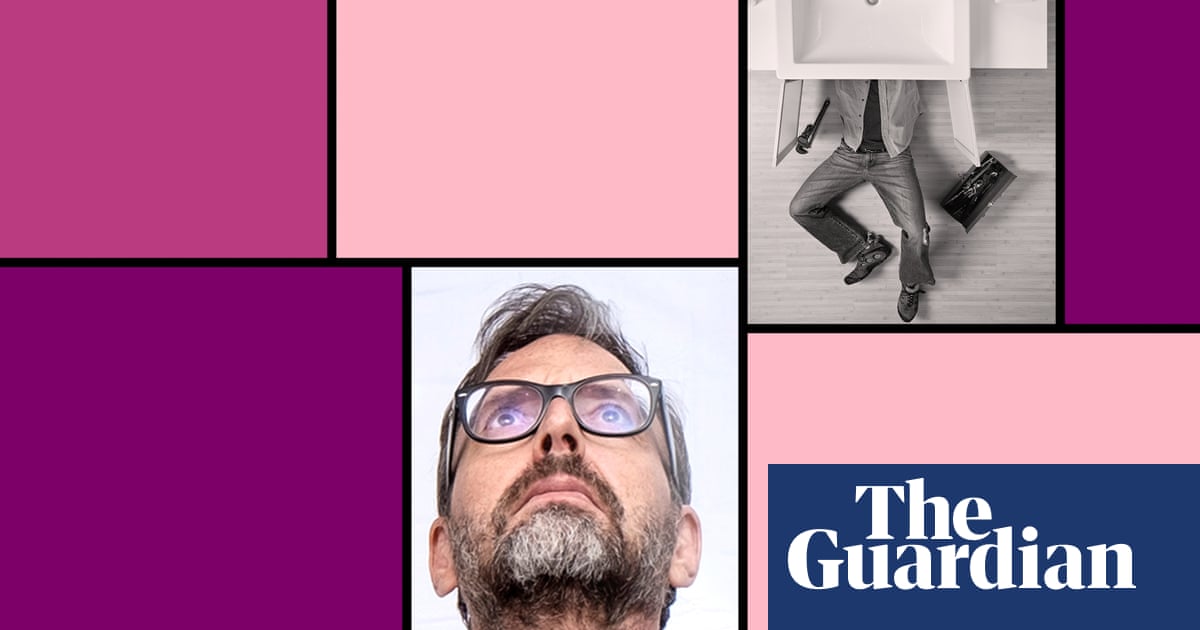
Pay attention to the posters lining the walls of Tube stations, and at least half of the stage shows will be adaptations of existing media: Harry Potter and the Cursed Child, Dirty Dancing, Only Fools and Horses, Pretty Woman, Moulin Rouge! Even Spitting Image and SpongeBob SquarePants are now being made into musicals. These are part of a long tradition of taking a successful story from the screen and placing it – often with a celebrity – centre stage. It’s an easy choice for investors in a risky market – a big-name show provides a hook that pretty much guarantees an audience.
The latest property making the leap from the screen to the theatre is Stranger Things: The First Shadow, a play that will bring the monster-riven world of Hawkins and the Upside Down to the stage of the Phoenix theatre, promising to take the audience to a “whole new dimension”. But does the West End really need another adaptation?
These shows, with their multitudes of reliable fans, can help to keep buildings open. According to Jack Thorne, who wrote the stage play for Harry Potter and the Cursed Child, about 75% of their audience were first-time theatregoers. He said the hope was that once people saw that the theatre could be for them, they’d take a punt on a smaller stage or an original play. Thorne has also worked on the Stranger Things production, alongside Kate Trefry, who wrote the script, and the Duffer Brothers. If screen adaptations are done with this gateway approach in mind, perhaps they should be celebrated as a way to entice new audiences who will then be keen for more stories to be shared in the dark.
But major stages being taken over by adaptations robs space from new plays. Without the backing of a successful movie or series, homegrown stories have to fight far harder to get staged. If we want the UK theatre industry to thrive, to nurture talent and create shows with long-running lives and an increase of Broadway transfers, we need to invest more in – and trust more in – new names.
A big title may be enough to initially get audiences in, but it’s not sufficient to keep them coming. Adapting a story from screen to stage isn’t an easy job, and many shows fail to live up to their movie counterparts. In 2019, I remember feeling deflated and vaguely defiled when an immersive production of The Wolf of Wall Street lacked the heat and allure of the film. Like the characters in the movie, the show felt as if it was motivated by money alone, and not for love of the story, the company or the craft. This is the trap adaptations can easily fall into. The stage version of Lord of the Rings was one of the most expensive failures in musical history, and the famously disastrous attempts to stage Spider-Man: Turn Off The Dark demonstrate how a show needs more solidity than a franchise fan base.
But from everything we know so far, Stranger Things already feels different. The TV show is written by the Duffer Brothers, twins who have been making scary films together since they were kids; their work has always been done for love. Trefry is a staff writer and story editor for Stranger Things (and a demogorgon stand-in during filming). And Thorne seems to have a golden touch for making hit shows. Having a team so close to the original material is something many unsuccessful adaptations lack.
This is also a team that genuinely loves horror. Part of what has made Stranger Things such a triumph is the delicious fear, the gruesome monsters and the knowing nods to classic 80s films the writers were inspired by. It’s a story built on love of the genre, and there’s nothing to suggest the play shouldn’t be the same. Supported by the direction of Stephen Daldry (Billy Elliot, The Inheritance), and the esteemed producer Sonia Friedman (Harry Potter and the Cursed Child, To Kill a Mockingbird), this could be the scary new show audiences want, which the success of the celebrity-churning 2.22: A Ghost Story has shown there’s an enormous appetite for.
Adaptations can be glorious additions to a beloved canon of stories, or they can feel cold and careless. If only audiences and investors had an easier time figuring out which are worth our time and money. In a recent interview with the BBC, the Duffer Brothers said that this new production is a standalone story that they don’t want to produce for TV; it is a prequel designed specifically for the stage. Rather than sighing at another adaptation, perhaps this is a chance to give the storytellers who proved themselves in one medium a chance to dazzle us again in another, using the unique abilities of theatre to allow the Upside Down to loom even closer than it can on TV. The name is the hook, but it’s the show they put on that really matters. Perhaps we shouldn’t think of Stranger Things: The First Shadow as an adaptation, but rather an expansion pack to the original.
Kate Wyver is a writer and theatre critic












